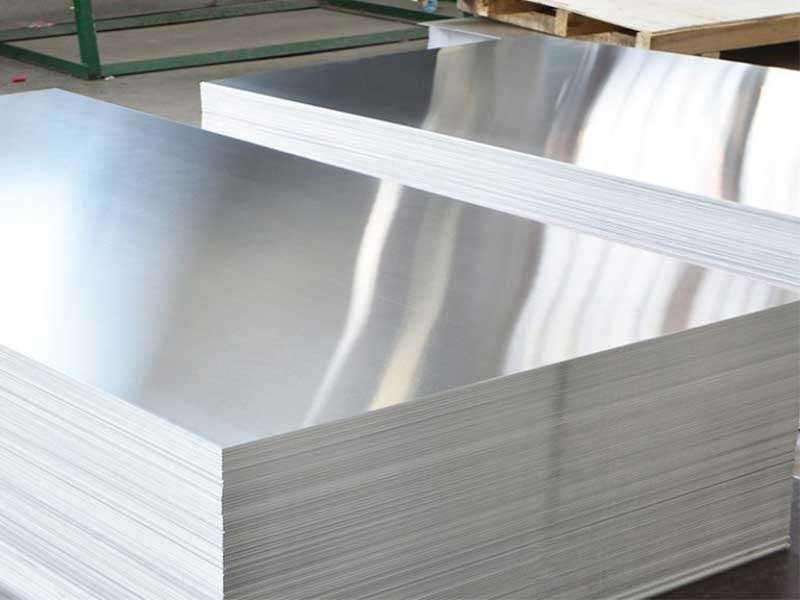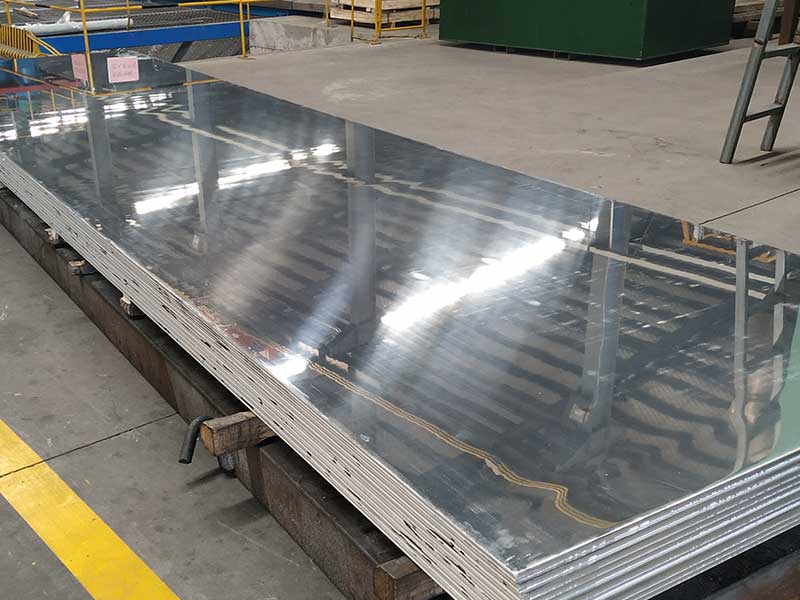Aluminum block is a fundamental raw material used in diverse manufacturing sectors, including automotive, aerospace, construction, and electronics. Made primarily from high-purity aluminum or its various alloys, these blocks serve as the starting point for machining and fabrication into components requiring excellent strength-to-weight ratio, corrosion resistance, and thermal conductivity.
What is an Aluminum Block?
An aluminum block is a solid, semi-finished rectangular or cubic billet of aluminum or aluminum alloy. It acts as the base stock from which engineered components are machined, extruded, or extruded to required products. Aluminum blocks vary widely in size, dimension, alloy composition, and temper depending on their intended use.
Characteristics of Aluminum Blocks
- Lightweight: Aluminum boasts a density of approximately 2.7 g/cm³—roughly one-third that of steel.
- Excellent Machinability: Aluminum blocks can be precisely machined into complex shapes while optimizing tool life.
- Corrosion Resistance: Naturally forms a thin oxide protective layer extending product durability.
- Thermal and Electrical Conductivity: Valuable in heat sinks and electrical conductors.
- Recyclability: Aluminum's eco-friendly disposition allows efficient processing for reuse.
Common Materials and Specifications for Aluminum Blocks
Aluminum blocks typically come in various commercially significant alloys designed to balance strength, weldability, corrosion resistance, or extrusion capacity. Common alloys include:
| Alloy Series | Description | Characteristics |
|---|---|---|
| 1xxx | Pure aluminum (≥ 99% Al) | Excellent corrosion resistance, high thermal/electrical conductivity, low strength |
| 2xxx | Aluminum-Copper alloys | High strength, moderate corrosion resistance, needs heat treatment |
| 5xxx | Aluminum-Magnesium alloys | Good corrosion resistance, moderate to high strength, marine applications |
| 6xxx | Aluminum-Magnesium-Silicon alloys | Good strength, excellent corrosion resistance, good machinability, heat-treatable |
| 7xxx | Aluminum-Zinc alloys | Highest strength, lower corrosion resistance, aerospace-grade applications |
Chemical Composition Example – 6061 Aluminum Block
6061 is one of the most versatile and used aluminum alloys in block form. Its detailed chemical composition is provided below as per industry specifications:
| Element | Weight % Range |
|---|---|
| Aluminum (Al) | Balance (~97.9) |
| Magnesium (Mg) | 0.8 – 1.2 |
| Silicon (Si) | 0.4 – 0.8 |
| Copper (Cu) | 0.15 – 0.40 |
| Chromium (Cr) | 0.04 – 0.35 |
| Iron (Fe) | ≤ 0.7 |
| Manganese (Mn) | ≤ 0.15 |
| Zinc (Zn) | ≤ 0.25 |
| Titanium (Ti) | ≤ 0.15 |
Mechanical Properties (6061-T6 Typical Values)
| Property | Value | Unit |
|---|---|---|
| Ultimate Tensile Strength | 290 – 310 | MPa |
| Yield Strength | 240 | MPa |
| Elongation at Break | 10 – 17 | % |
| Hardness (Brinell) | 95 | HB |
| Density | 2.70 | g/cm³ |
| Modulus of Elasticity | 68.9 | GPa |
Tempering/Heat Treatment Conditions
Tempering aluminum blocks improves strength and machinability. Standard tempers for aluminum blocks include:
- O temper: Annealed condition for maximum ductility, minimum strength
- T4 temper: Solution heat-treated and naturally aged
- T5 temper: Cooled from an elevated temperature shaping and artificially aged
- T6 temper: Solution heat-treated and artificially aged; provides highest strength level
6061-T6, for example, is extensively used for machine parts needing durability and corrosion resistance.
Industry Standards and Certifications
Aluminum blocks typically conform to international standards to assure quality, composition, and mechanical properties. regulatory and industry standards include:
- ASTM B221: Standard specification for Aluminum and Aluminum-Alloy Extruded Bars, Rods, Wire, Profiles, and Tubes
- ISO 209-1: Wrought aluminum and aluminum alloys – extruded rod/bar, tube and profiles
- EN 573-3: Aluminum and aluminium alloys — Chemical composition and mechanical properties
Certified aluminum blocks meet critical industrial requirements regarding traceability, surface quality, and internal soundness.
Applications of Aluminum Blocks
- Automotive: Engine blocks, components needing lightweight strength
- Aerospace: Structural panels, brackets, fittings requiring high strength-to-weight ratios
- Marine: Components subjected to corrosive saltwater environments
- Industrial machinery: Tooling, molds, fixtures fabricated from aluminum blocks
- Consumer electronics: Heat sinks, casings












